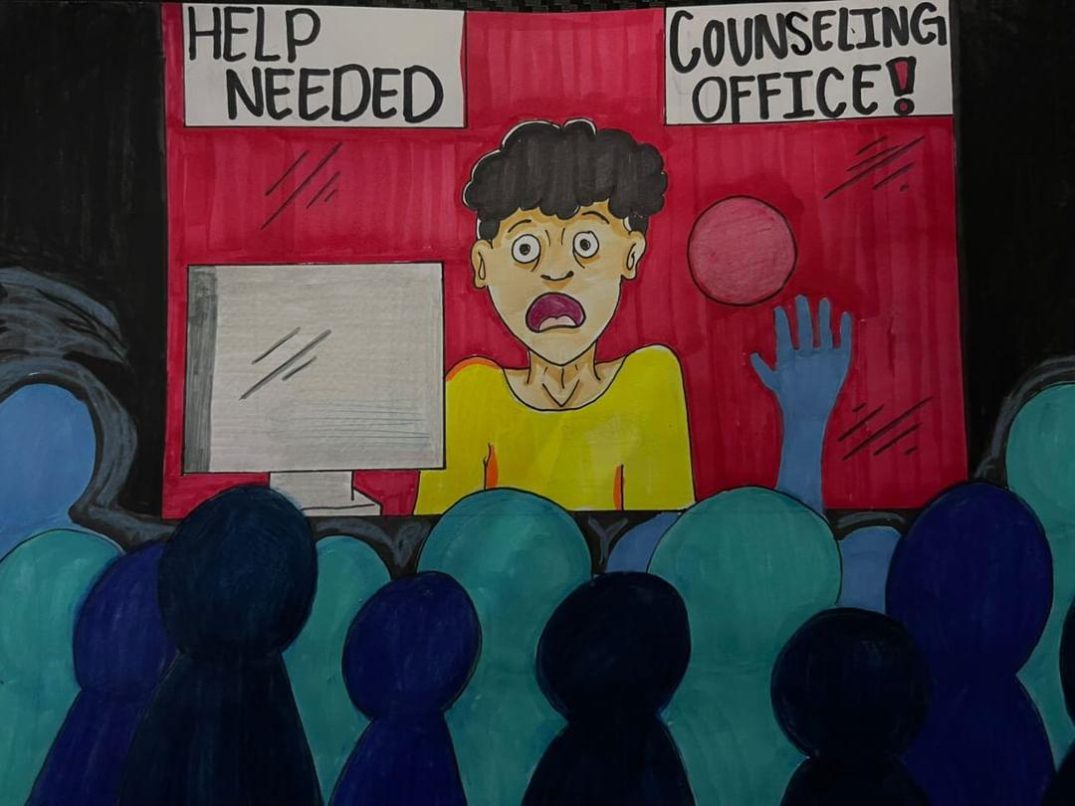Pell Grant eligibility regulations have changed in a way that puts students who are unable to attend classes on a full-time basis at an unfair disadvantage.
The new regulations, which went into effect in July 2012, change the maximum Pell Grant eligibility from 18 semesters, or nine years, to just twelve semesters, or six years. The idea behind the changes is that many students have been on financial aid for years without making any progress toward their degree.
The problem with a blanket change such as this is that in addition to targeting the students that are taxing the system, it unfairly penalizes students that for various reasons cannot attend school full time in order to complete a degree.
Most college catalogs have a paragraph in them that suggests working students limit the number of units they take based on the number of hours they work per week.
According to the EC college catalog, “If employment requires 40 hours or more per week, students would limit their study program to 7 units or less each semester.”
Following that example, a student taking 7 units a semester would take roughly nine semesters just to complete an associate degree. The same student would require close to 17 semesters to complete a four-year program.
The way the regulations are set now, a student in that situation would run out of aid eligibility before they completed their full program.
Should students be penalized for following direct advice from their college? No.
Instead of lumping everyone under the same umbrella with this new policy, the Department of Education and individual colleges should instead focus on the students that are abusing the system, and allow students that are making steady progress towards degree completion to continue to receive their Pell Grants.
A lot of students have obligations that make full-time attendance in a college program impossible. To tell these students that they will only get aid through part of their program and then be on their own for the rest is unfair and unnecessary.
If school financial aid departments worked in conjunction with advisers and counseling departments to make sure that all students are on track with their programs, these problems would likely go away over time.
Limiting Pell Grant eligibility in this manner is not solving the problem it is meant to address; it is in fact causing more problems, and will hinder many students from being able to get an education.
This is definitely counterintuitive. The rules need to be changed.







